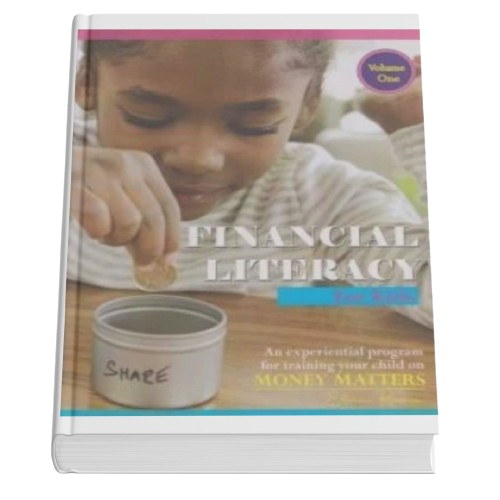Money Matters Part 2: Teaching Teens the ABCs of Money Management
Money Matters Part 2
Budgeting Basics and how to teach teens the ABCs of Money Management
Welcome back to our series on teaching personal finance to teenagers!
Now that we understand the importance of financial literacy, it’s time to roll up our sleeves and dive into the nitty-gritty of money management.
If you missed Money Matters Part 1, you can read it here…
In this article, we’ll focus on budgeting basics and show parents how to teach their teens the ABCs of money management.
Budgeting is the cornerstone of effective money management, and it’s never too early to start teaching our teens how to budget.
A budget is simply a plan that outlines how you will allocate your income towards various expenses, such as groceries, entertainment, and savings.
By creating a budget, teens can gain a better understanding of where their money is going and make informed decisions about how to spend and save it.
When teaching teens about budgeting, it’s important to start with the basics.
- Explain the concept of income and expenses and how they relate to each other.
- Introduce the idea of tracking expenses by keeping a record of everything they spend money on, from snacks at school to movie tickets with friends.
- Encourage them to categorize their expenses into different groups, such as needs (e.g., food, clothing) and wants (e.g., entertainment, gadgets).
Once they have a clear picture of their income and expenses, help them create a budget that aligns with their financial goals and priorities.
- Start by identifying fixed expenses that don’t change from month to month, such as rent or mortgage payments, followed by variable expenses that may fluctuate, such as utilities or groceries.
- Allocate a portion of their income towards savings and discretionary spending, making sure to leave room for unexpected expenses or emergencies.
Engagement Tip: Turn budgeting into a game by challenging your teen to see who can stick to their budget the longest. Offer rewards for reaching savings goals or staying under budget, and celebrate their financial victories together as a family. By making budgeting fun and interactive, you’ll help your teen develop positive money habits that will last a lifetime.
Conclusion
Budgeting is a fundamental skill that every teenager should learn, and it’s never too early to start teaching them the ABCs of money management.
By introducing them to the basics of budgeting and helping them create a budget that works for their needs and goals, we can empower our teens to take control of their finances and build a solid foundation for financial success.
Sneak Preview of Part 3: Smart Spending
Teaching Teens to Differentiate Between Needs and Wants requires us to explore practical strategies for teaching teens to make wise spending decisions and prioritize their financial goals
Go to article








